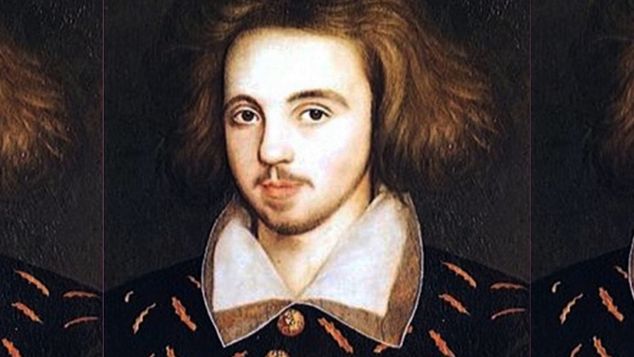Was Christopher Marlowe gay?
Christopher Marlowe was an English poet and playwright born in Canterbury in 1564. He is widely considered to be one of the most important playwrights of the Elizabethan era, along with William Shakespeare.
Marlowe’s works include the plays Tamburlaine the Great, Doctor Faustus, and Edward II, among others. His writing was known for its lyricism, intellectual complexity, and controversial themes.
Marlowe’s life was marked by controversy, and his career was cut short by his untimely death in 1593. There has been much speculation surrounding Marlowe’s personal life, particularly regarding his sexuality. Some historians and literary scholars have suggested that Marlowe was homosexual, based on certain themes and references in his works, as well as various anecdotes about his life.
One of the most famous stories about Marlowe concerns his alleged involvement in a barroom brawl in which he stabbed a man in the eye with a dagger. According to some accounts, the brawl was sparked by a dispute over a bill, while others suggest that it was a political altercation.
Whatever the cause, the incident led to Marlowe’s arrest and imprisonment, and he was subsequently released on bail. Many have speculated that the incident may have been linked to Marlowe’s political or religious views, which were seen as subversive by the authorities of the time.
There is also evidence to suggest that Marlowe was involved in espionage on behalf of the Elizabethan government. Some scholars have suggested that he may have been recruited by Francis Walsingham, the queen’s spymaster, and that he used his travels abroad as a cover for his intelligence-gathering activities.
This theory is supported by the fact that Marlowe’s death occurred while he was meeting with a group of men who were suspected of being involved in a plot against the queen.
Despite the many controversies surrounding his life and work, Christopher Marlowe remains an important figure in the history of English literature. His plays continue to be performed and studied, and his influence can be seen in the work of later writers such as Shakespeare and John Milton. While the exact details of his personal life may never be known, his legacy as a writer and innovator in the world of English theatre remains secure.
OIP Staff, this post was generated with assistance from AI technology.
You can support our work by subscribing to our Patreon
or contributing to our GoFundMe campaign.






